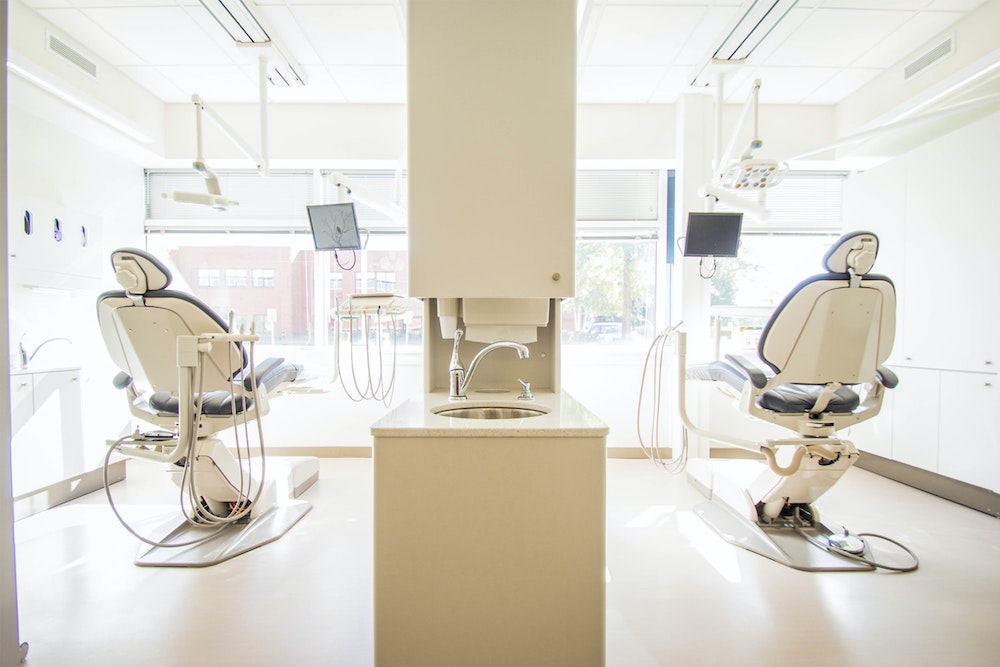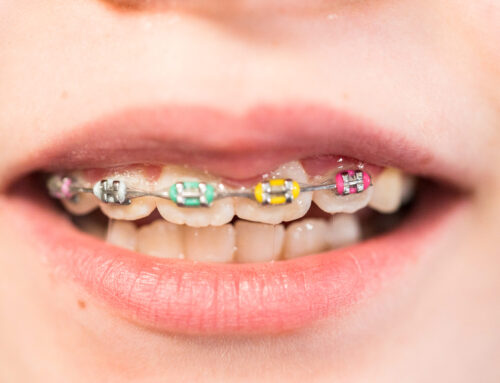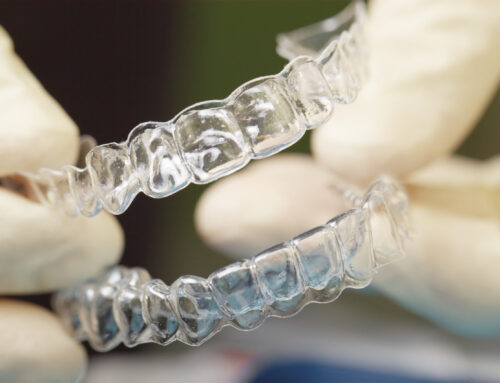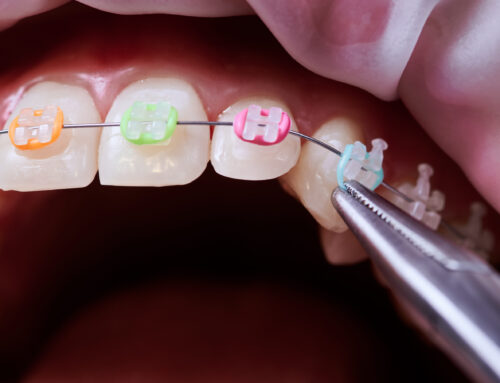Believe it or not, there is a consistent belief that if you are seeing an orthodontist for treatment, such as braces, it shouldn’t be necessary to see a dentist as well. After all, both are doctors that are working on your teeth, so why should you see both? However, while orthodontists and dentists work in the same area of the body, they are entirely different specialties. If anything, having braces means that it is even more important to maintain all elements of your oral health routine, including dental visits.
What Is the Role of a Dentist?
A good analogy for the role of a dentist in your life is that of your primary care provider in your life. You see your PCP for a regular checkup. Many issues they can treat on their own and you don’t see anyone else and can go about your life. Sometimes, you’ll need to see a specialist, like an ear-nose-throat doctor or any number of specialties. Just because you start seeing a specialist, it doesn’t mean that you should stop seeing your primary care provider. If anything, keeping your regular doctor apprised of any medical issues or treatments from your specialist is a prudent tactic. This is exactly how the relationship between you, your dentist, and your orthodontist should be during treatment.
Why Is Seeing Your Dentist So Important?
Braces do a lot of good for you during the treatment period, fixing alignment problems and alleviating a host of potential oral health issues. However, like any treatment in medicine, there are side effects. One of the side effects of braces is that it can make your teeth more susceptible to plaque and tartar build-up. While this can be addressed by the rest of your normal oral health routine, getting professional dental cleanings is the only way to remove this buildup from your teeth. You should pay more attention and perhaps even schedule more frequent dental cleanings during your orthodontic treatment just to stay on top of these issues. As a result, many orthodontists recommend that you see a dentist for cleanings more frequently during braces – as much as two to four times per year during the treatment.
Maintaining your dental health during an orthodontist treatment is vital. This means continuing diligence with your at-home care routine, including teeth brushing and flossing. In addition, that may mean extra visits with your dentist. Your dentist and orthodontist can help you chart out a treatment plan that ensures you are at your maximum oral health throughout your orthodontics treatment.
Contact us today to learn more and gain the smile you want!




